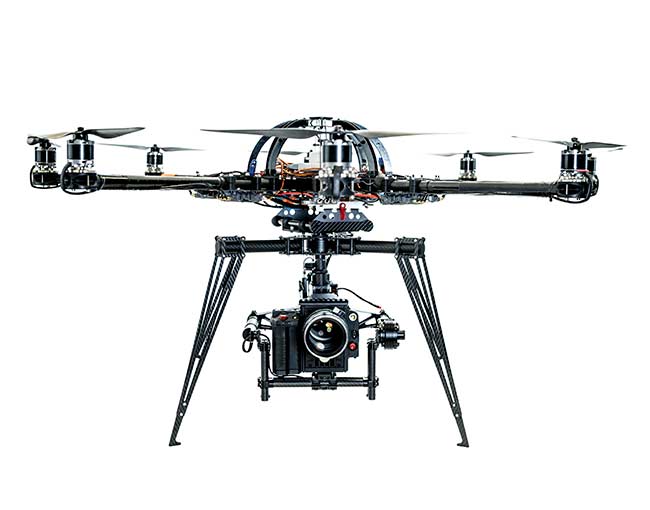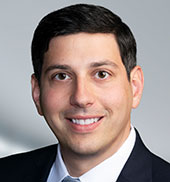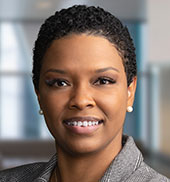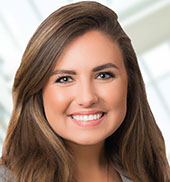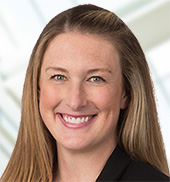As we covered on our blog earlier this year, the proliferation of drones (or unmanned aircraft systems, “UAS,”) has reached college campuses around the country, where university staff, faculty, and students are eager to use drones for research and development, marketing, academic courses, and athletic programs.
In a nod to increased interest in the academic use of drones, the FAA, on May 4, released an interpretation on the “Educational Use of Unmanned Aircraft Systems,” which clarifies the use of UAS for hobby or recreational purposes at educational institutions and community-sponsored events.
The FAA stated in its interpretation that UAS may be operated by hobbyists in connection with educational and community-sponsored events so long as operators abide by section 336 of the FAA Modernization and Reform Act of 2012 (“Section 336”) (the hobbyist/recreation section of the Act) and are not compensated for the operation. It also stated student UAS use (and limited faculty support) in furtherance of classroom instruction at accredited institutions will be allowed.
Section 336 requirements
Section 336 requires UAS flights to be non-commercial, operated in accordance with community-based safety guidelines, flown with aircraft weighing no more than 55 pounds, and flown away from manned aircraft and airports. With these conditions, instructors and students do not need FAA authorization to fly drones (other than to have the aircraft properly registered), according to the new interpretation.
Commercial v. non-commercial use
Students in science, technology, and aviation-related courses at accredited educational institutions may operate UAS in conjunction with their courses, again provided Section 336 is followed. Student filmmakers can also take flight: The clarification specifically permits UAS operation for arts and filmmaking courses. The FAA stated student use of UAS is generally non-commercial and more hobby-like in nature; even if the student uses his or her drone-flying experiences to gain knowledge for a future career, “that does not transform what is otherwise a hobby or recreational activity into a non-hobby or non-recreational pursuit.”
Faculty use of drones is another matter, however. Even if used during an academic course, the instructor would be compensated while operating the UAS, potentially violating the non-commercial use requirements of Section 336. Still, some faculty assistance while operating drones is permitted under the interpretation, although it may depend on the extent of assistance rendered and the nature of the course. The less direct intervention the better, when it comes to preserving permissible hobby-like UAS operation. Where the FAA has interpreted an operation or assistance goes beyond hobby or recreational use, additional approvals are required. For example, having a research assistant fly a drone for the sole purpose of gathering data for a professor’s research paper would likely require FAA approval.
We will have to wait and see to find out how this academic authorization meshes with the FAA’s Final Rule on the Operation and Certification of Small Unmanned Aircraft Systems, expected in the near future. Stay tuned to REGucation for more information.
Sean McGowan is co-chair of the Unmanned Aircraft Systems Group, and can be reached at smcgowan@thompsoncoburn.comor (202) 585-6976. Tyler Black is an associate in the firm’s UAS group. He can be reached at tblack@thompsoncoburn.com or (202) 585-6932.

